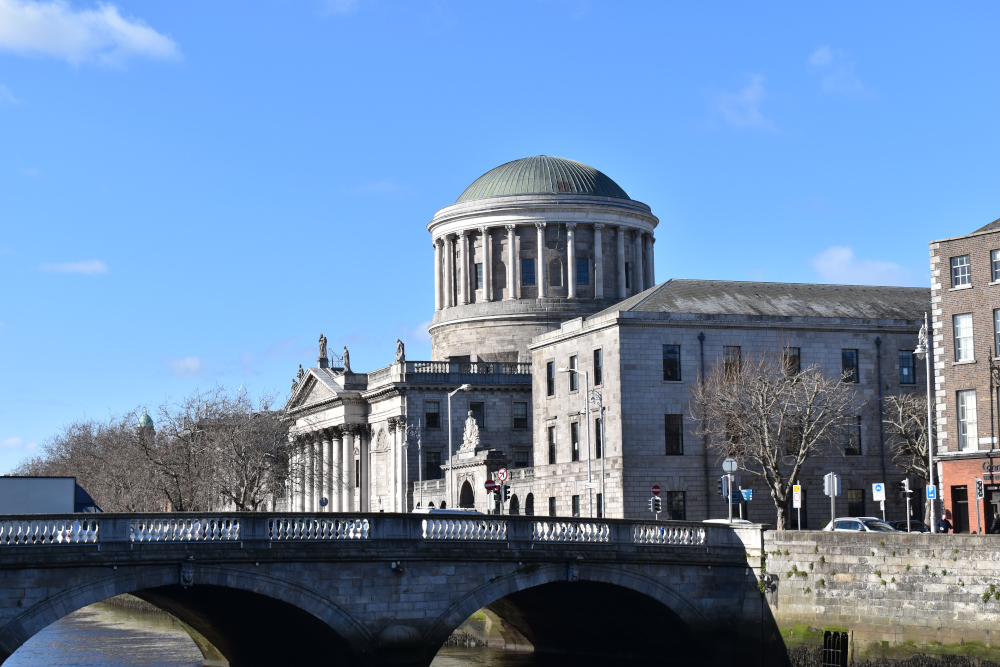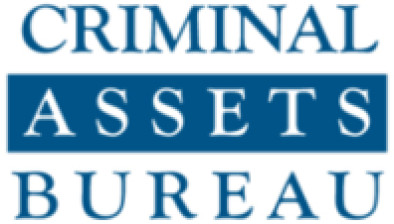High Court: Criminal proceedings stayed for hemp retailer to challenge laws on importation of CBD products

The High Court has granted an injunction to place a stay on the criminal prosecution of a hemp retailer until the conclusion of separate proceedings challenging Irish laws relating to the importation of CBD products. It was argued that the products in question had no psychoactive aspect and were not drugs within the meaning of EU law.

About this case:
- Citation:[2022] IEHC 291
- Judgment:
- Court:High Court
- Judge:Ms Justice Emily Egan
Delivering judgment in the case, Ms Justice Emily Egan applied the principles for injunction applications and held that the plaintiff was entitled to a stay on the criminal prosecution.
Background
The plaintiff was the owner and operator of a company which specialised in the sale of hemp related products and products containing cannabinol (CBD) and CBD derivatives. The plaintiff was subject to three different prosecutions by the DPP for the possession and supply of cannabis, a controlled drug, after green plant material was found by Gardaí in 2020. The plant material was analysed and contained tetrahydrocannabinol (THC) which was the psychoactive constituent of cannabis.
The plaintiff claimed that he ordered the products from a Welsh company and that the hemp was grown in Switzerland. A sample of the plant material in the first prosecution had been independently tested and revealed a THC content of less than 0.2 percent. Accordingly, it was argued that the hemp was not a psychoactive drug and that the plaintiff should not be prosecuted for the offences.
The position in domestic law was that the possession, production, supply or importation of cannabis (which included hemp), CBD and CBD derivates was unlawful unless specific exemptions applied. None of the exemptions applied to the plaintiff.
Under EU law, the production and importation of hemp products which contain a THC content below 0.2 percent was provided for in Regulation 1307/2013 and 1308/2013. Under Regulation 1207/2013, hemp products were defined as agricultural products and hemp was expressly eligible for the EU Basic Payments Scheme.
Further, Article 189 of Regulation 1308/2013 provided that certain products could by imported into the EU if conditions were met. The products listed included “true raw hemp falling within CN code 5302 10 00.” The plaintiff contended that the plant material the subject of the prosecution fell within this definition.
The plaintiff also relied on EU Case C-663/13 B.S. Jue Kanavape (ECLI:EU:C:2020:938), where it was held that CBD products which did not contain a psychoactive ingredient could not be included within the definition of “drugs” and could not be considered “cannabis extract.” The product in that case had a THC content of less than 0.2 percent.
In light of the EU legislation and cases on CBD products, the plaintiff claimed that Irish law infringed Articles 34 and 36 TFEU, insofar as domestic law applied quantitative restrictions and measures having equivalent effects on imports of CBD.
On this basis, the plaintiff applied for an interlocutory injunction restraining the DPP from prosecuting him for the drug charges until his case on the lawfulness of importation of CBD products was determined.
High Court
Ms Justice Egan began by outlining the relevant legislation and considered the Jue Kavanape case. It was noted that the ECJ in Kavanape determined that a wide discretion was afforded to Member States on health and human life issues, particularly where uncertainties existed on the scientific research. However, national law provisions must be appropriate for securing the attainment of the objective pursued and could not go beyond what was necessary. It was for national authorities to demonstrate that the legislation was necessary to protect the interests referred to in the provisions, the court said.
It was also held in Kavanape that the precautionary principle applied to justify the adoption of restrictive measures where a real likelihood of harm to public health persisted.
The court then considered the applicable legal principles to injunctions. Summarising the case law, the court held that a court must first establish whether there was a fair issue to be tried as to the compatibility of the provision with EU law. Second, a court should consider if a successful challenge would materially affect the criminal proceedings. Damages would rarely be an adequate remedy and the court had to assess the balance of convenience (Okunade v Minister for Justice [2012] IESC 49
A court had to consider any special countervailing factors which might render the immediate hearing of the criminal case as disproportionate, the court said. Additionally, if the case did not involve complex facts or legal issues, the court could place “all due weight on the strength or weakness of the applicant’s case.” Finally, if there were doubts as to the compatibility of a provision with EU law, then an effective remedy must be provided (see Friends of the Irish Environment Ltd v Minister for Communications & Others [2019] IEHC 555; MD v Ireland [2009] 3 I.R. 690).
Decision
Applying the law to the case, Ms Justice Egan held that the product originated in Switzerland. As such, the free movement provisions under EU law would only apply to the plaintiff’s seized materials if it was lawfully imported under Article 189 of Regulation 1308/2013.
The court was satisfied that the plaintiff had adduced sufficient uncontested evidence that the green plant material relating to the first prosecution was raw true hemp within the meaning of Regulation 1308/2013. Further, it was held that the plaintiff had made out an arguable case of compliance with the Regulation based on the independent analysis of the THC content of the material.
The court was also satisfied to infer the hemp with a THC content of 0.2 percent did not have a psychotropic or harmful effect. Therefore, the onus was on the State to demonstrate that the prohibitions on importation was appropriate for protecting human health. The court determined that the prohibition was capable of hindering intra-Union trade of true raw hemp but no evidence or argument was provided by the DPP or State to justify the prohibition.
Finally, turning to the balance of justice, Ms Justice Egan held that the non-participation of the State in the application made the assessment of an arguable defence difficult. No evidence, scientific or otherwise, was provided by the DPP or the State to assist the court.
Damages were not an adequate remedy for a wrongful prosecution, the court held. The court held that there were special and countervailing factors to apply a stay on the prosecution, particularly as three other High Court challenges had been taken and the entire Misuse of Drugs framework would be unaffected by the stay.
Conclusion
Accordingly, the court granted the injunction in respect of the first prosecution only, as the necessary scientific evidence was not placed before the court for the second and third prosecutions. However, the court suggested that a pragmatic view from the DPP would mean that the prosecutions were not severed.
Jenkins v. Director of Public Prosecutions [2022] IEHC 291










